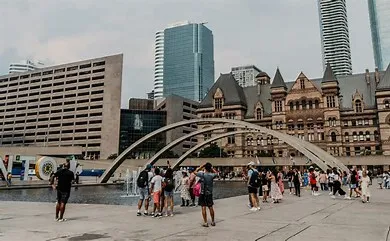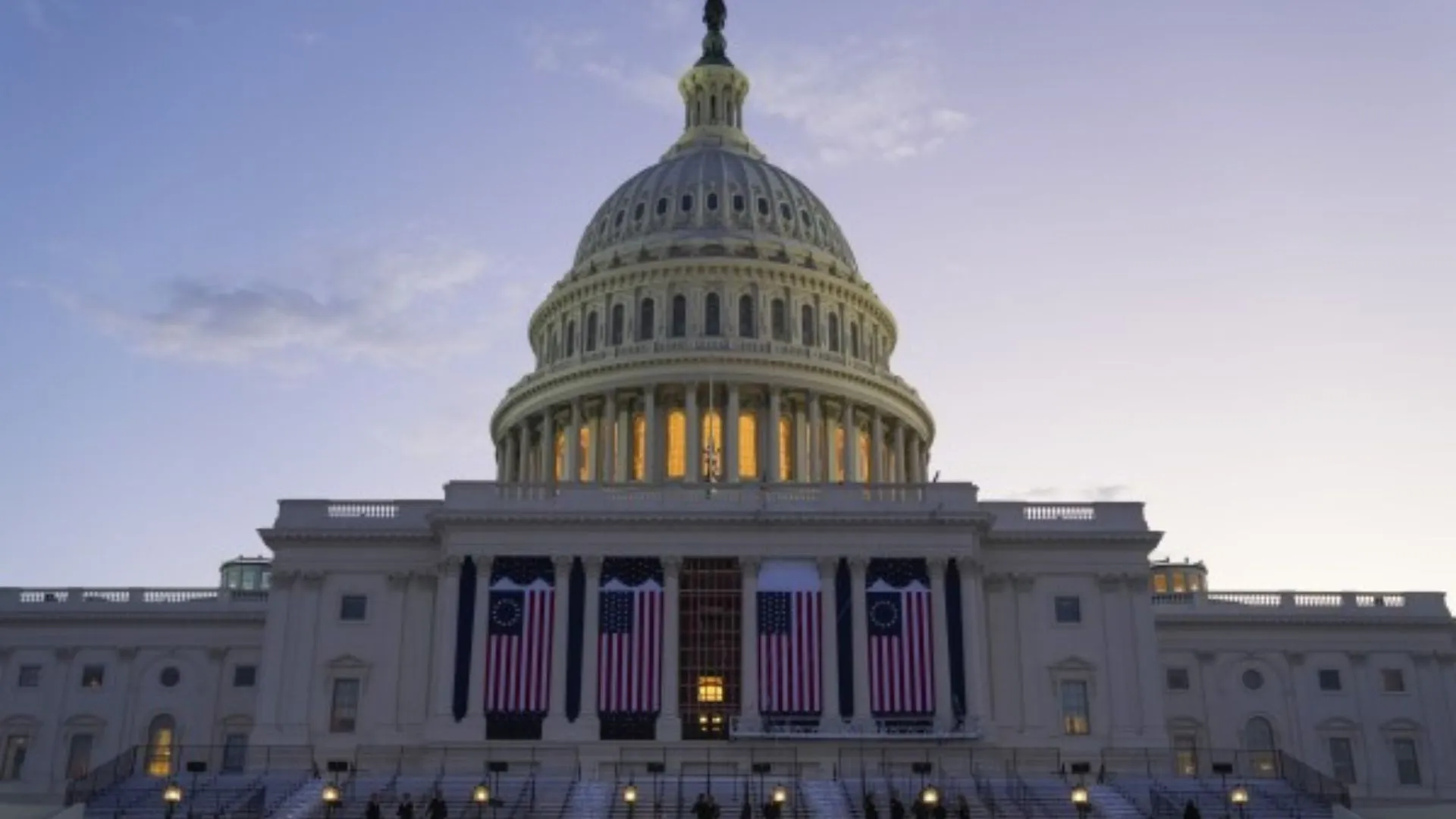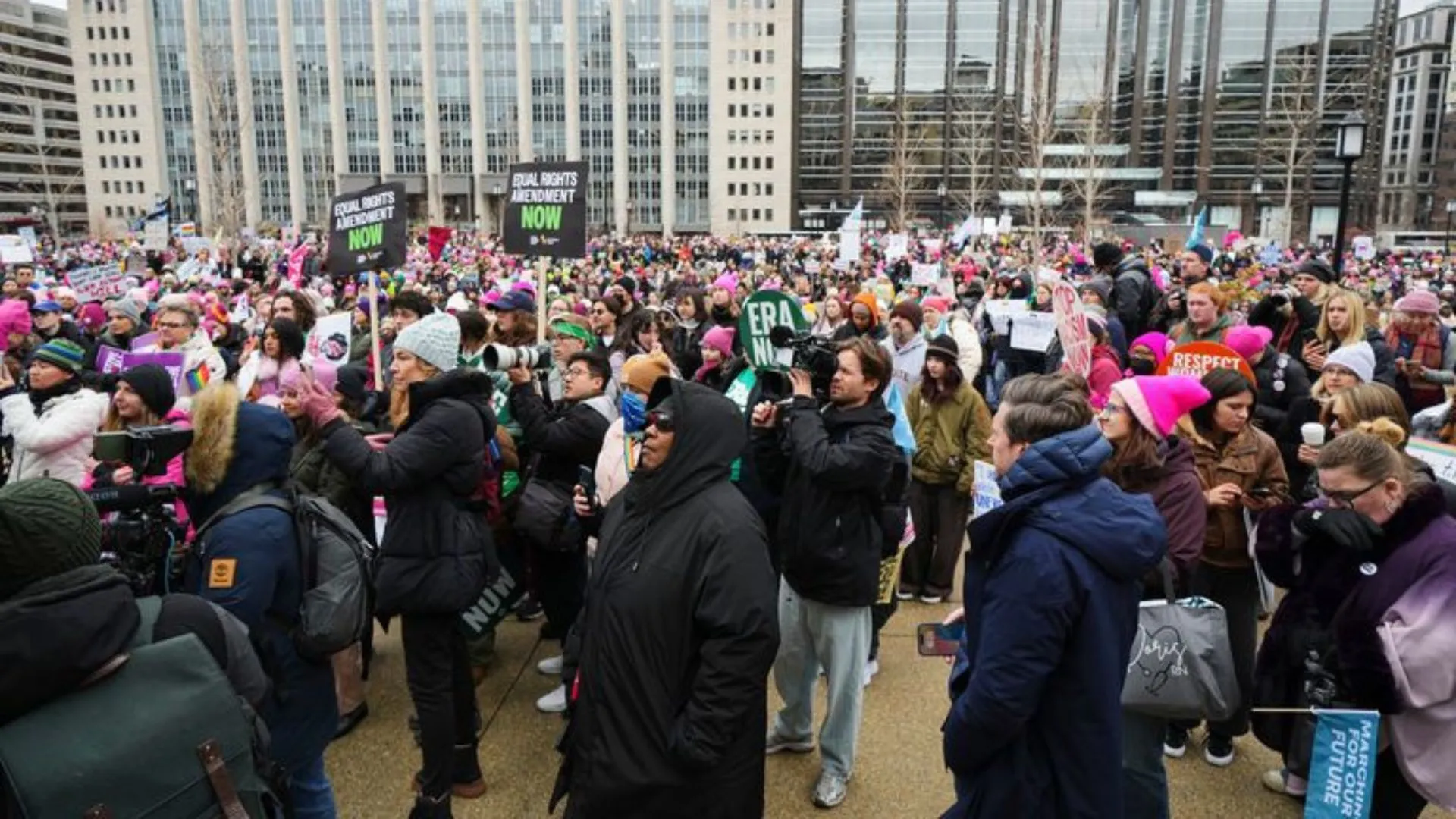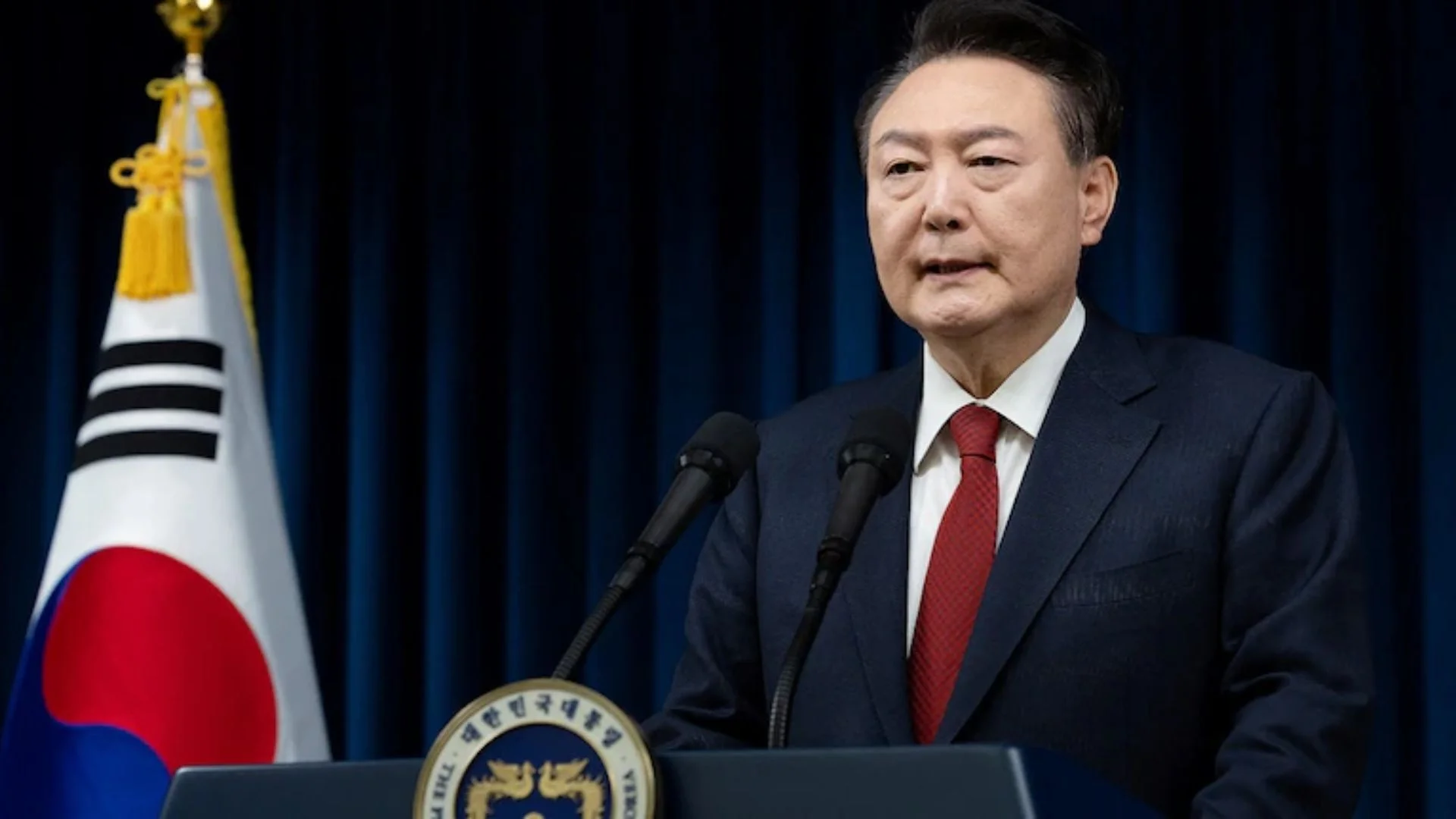The people of Madhya Pradesh have underscored that the politics in the assembly elections will continue to be dominated by two major parties. The results of these elections have been striking and unprecedented in many aspects. The influence of the Samajwadi Party and Bahujan Samaj Party in the bordering seats of Uttar Pradesh has been nullified by the public. Both parties were left vying for just one seat in Uttar Pradesh. Additionally, the Aam Aadmi Party (AAP), considered a potential contender, failed to make an impact. This election, spanning from 1985 till present, marks the first instance where an independent candidate hasn’t emerged victorious. Essentially, this time, the assembly will be represented solely by members of the BJP, Congress, and Bharatiya Adiwasi Party(BAP).
In the 230-seat Madhya Pradesh Legislative Assembly, the BJP secured victory with 163 seats, amassing 48.55% of the votes, a significant increase from 2018’s 41.02%. This surge in BJP’s vote share led to a substantial rise in seats, positioning them favorably to form the government effortlessly. Contrastingly, the Congress witnessed a marginal decrease of 0.49% in vote share, resulting in a reduction to 66 seats, possibly due to BJP’s increased votes and this slight downturn. Notably, in Uttar Pradesh’s key parties, the Samajwadi Party and Bahujan Samaj Party faced a surprising situation. Despite their sustained presence in border areas for the past two decades, they failed to make an impact this time. In Madhya Pradesh, apart from the BJP and Congress, the BSP is the only party with a vote bank exceeding five percent. In the 2003 elections, BSP won two seats with a total vote share of 7.26%.

















